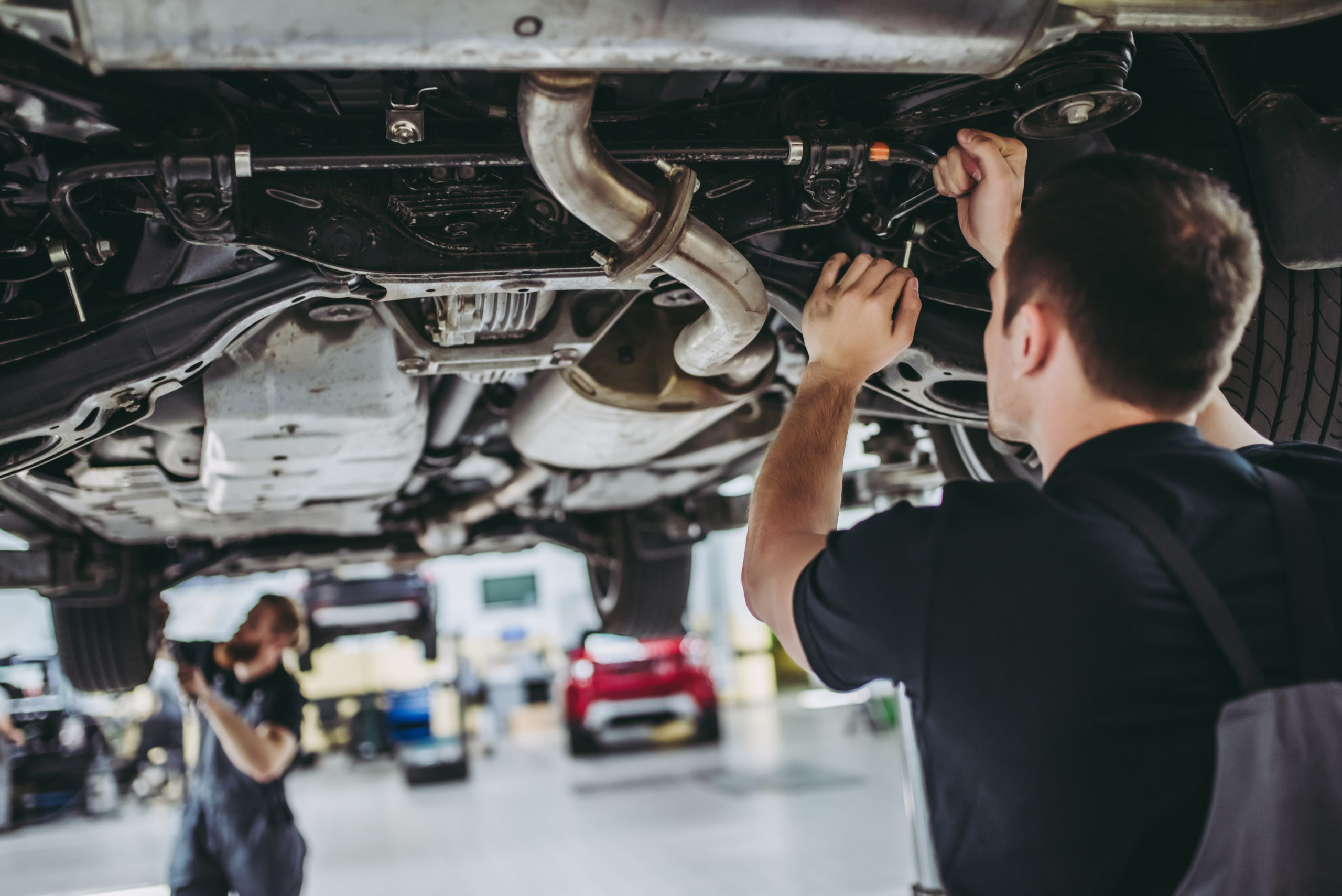In previous blogs, we have written about workers’ unions that have taken stands against addiction. The construction field, for example, is plagued with painkiller dependencies, which has led industry leaders to push to for more treatment support. Now auto workers are following suit, with initiatives that aim to help people struggling within their sect.
The United Automobile Workers Union (or UAW) counts nearly 400,000 active members, many of whom have battled painkiller addictions following injuries on the job. With statistics continuing to increase, leaders within that org are now speaking out and exploring broad treatment solutions that can support their brethren.
Union Vice President Rory Gamble was recently quoted in Automotive News, highlighting the seriousness of these dependencies.
“The issue demands that we get involved, and it demands that we set an example of combating it in a positive way — the union and the company,” Gamble explained on the site. “We have to grab this thing and address it now.”
And Gamble, himself, has a personal connection to the cause. He openly shared that his own granddaughter lost her life because of an opioid overdose.
Similar to construction, working on the floor of an auto plant can open someone up to a serious injury. For one thing, these jobs are physically demanding. They also require working with dangerous tools and heavy lifting (all recipes for a potential painkiller prescription).
As a way to address the problem, the UAW is seeking an expansion of employer-funded, union-administered assistance programs. These would help those who have received opioid prescriptions by monitoring their progress and doing “check ins” to ensure the habits don’t get out of hand. They also hope to implement treatment hiatuses, where people can get help without the fear of losing their jobs.
So far, the UAW’s work has been recognized by several major car manufacturers. General Motors, for example, now has a pharmacy program that aims to curb the quantity of short-acting opioids employees can receive after simple surgeries. Additionally, there are opioid education courses offered at their plants; so employees can understand the risks associated with these meds. It is also worth noting that Ford and Fiat implement similar programs.
Another UAW rep, Jerry Carson, adding a poignant quote at the end of the Automotive News article, hammering the point home.
“Whatever’s happening to our communities filters into our work locations,” Carson explained. “This epidemic didn’t happen overnight; we’re not going to get out of it overnight, but the key is educate, provide treatment resources and show them they can make it through it.”

Two handsome mechanics in uniform are working in auto service with lifted vehicle. Car repair and maintenance.






